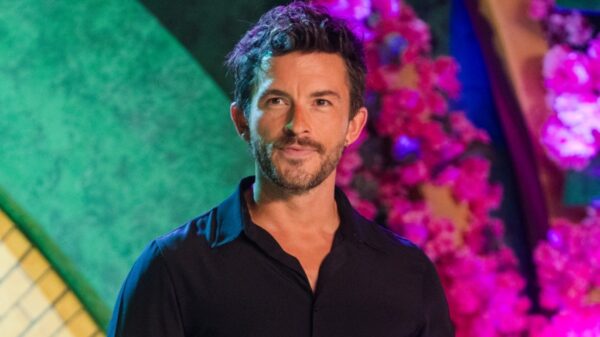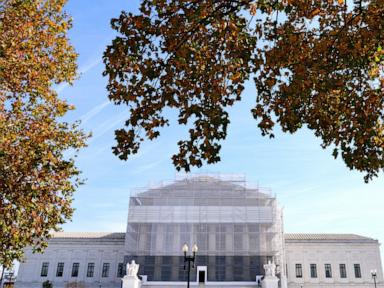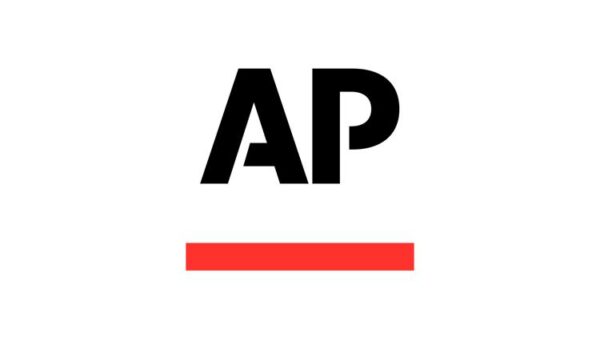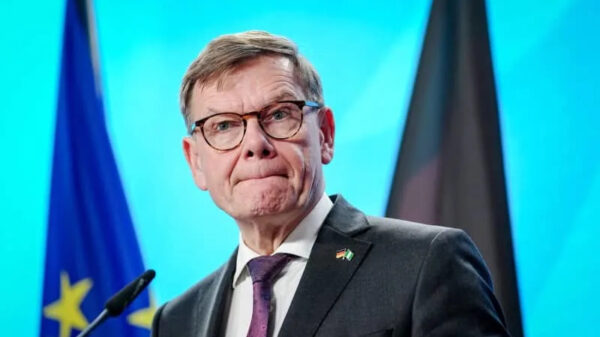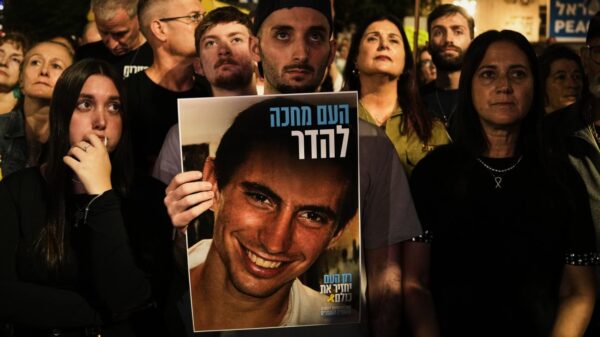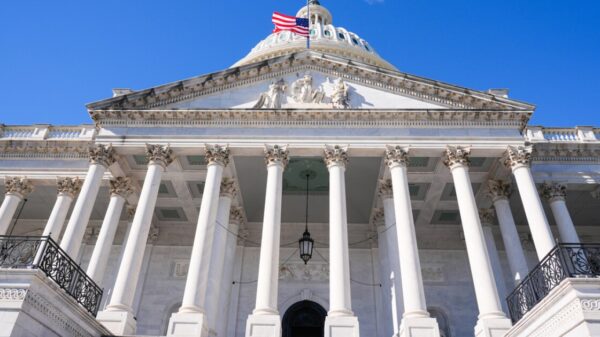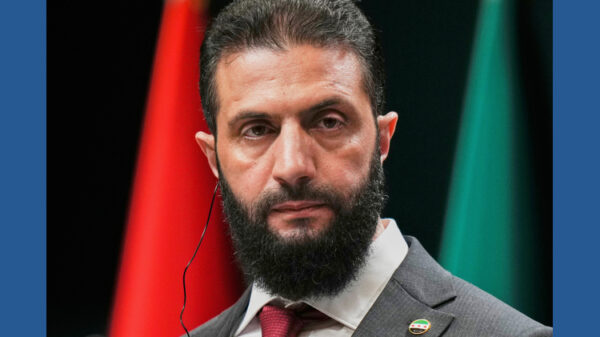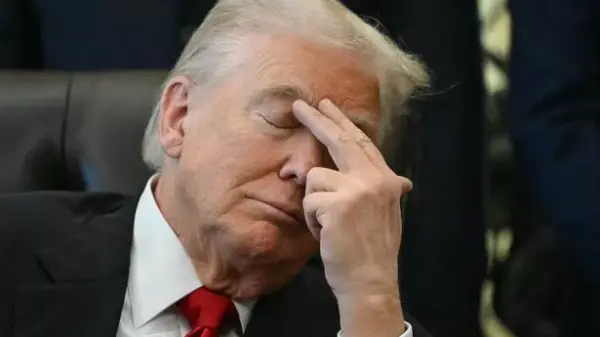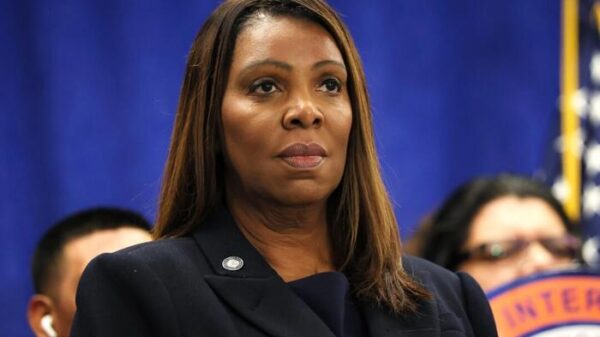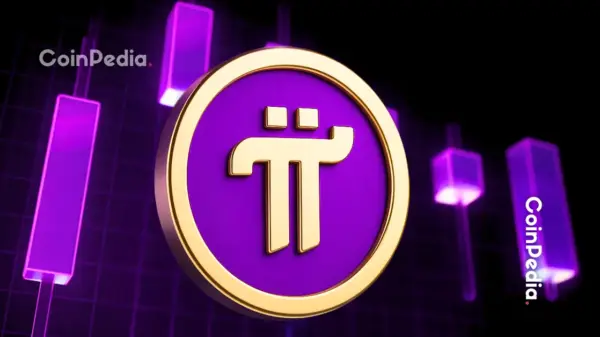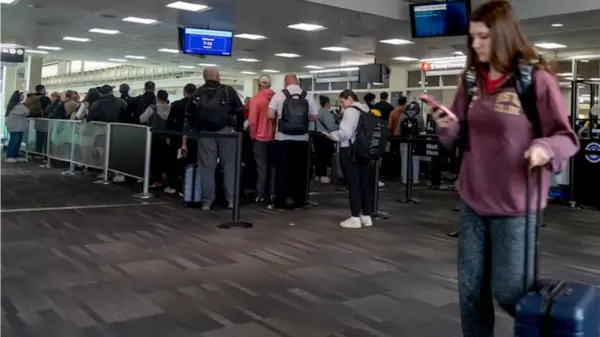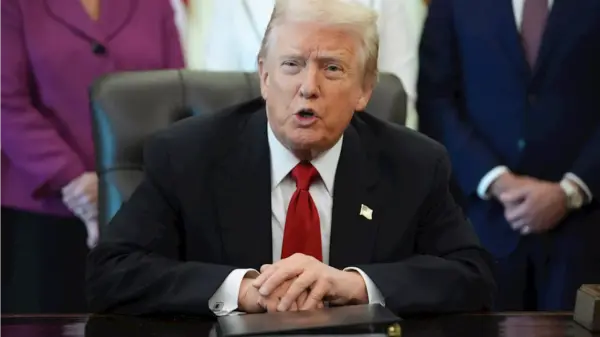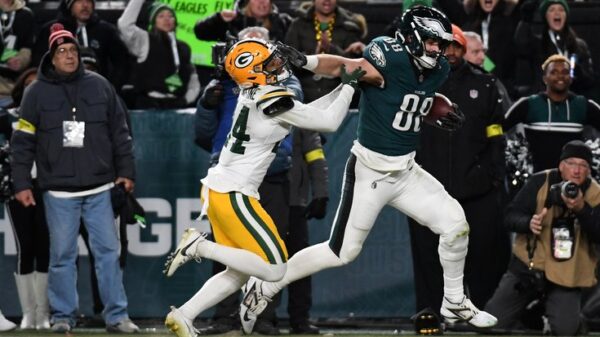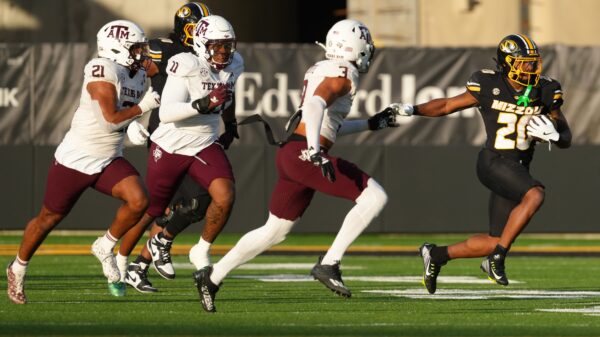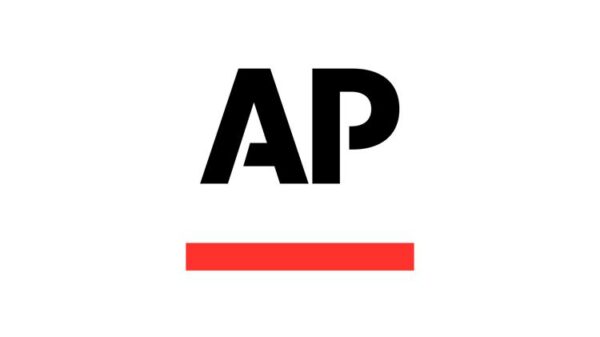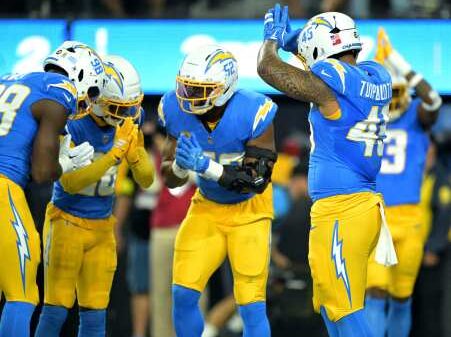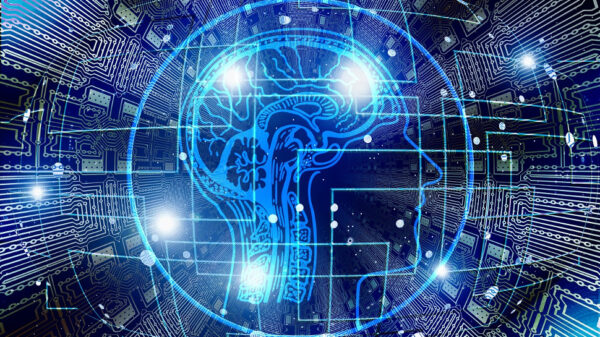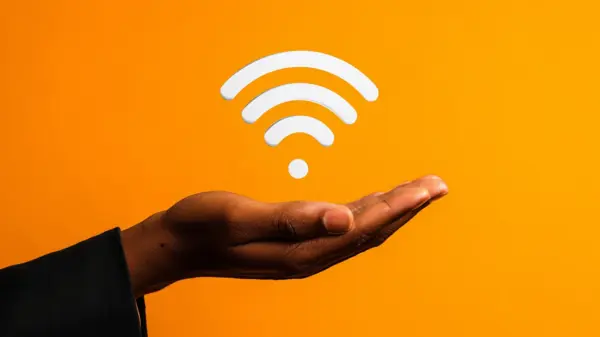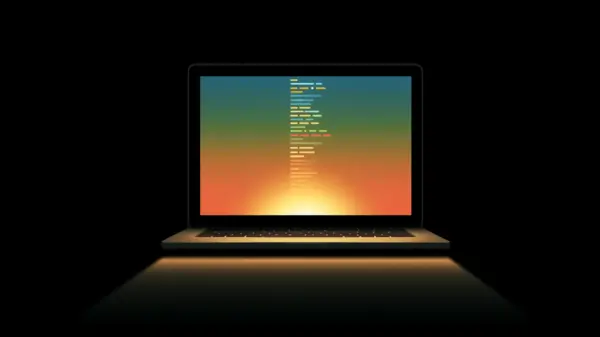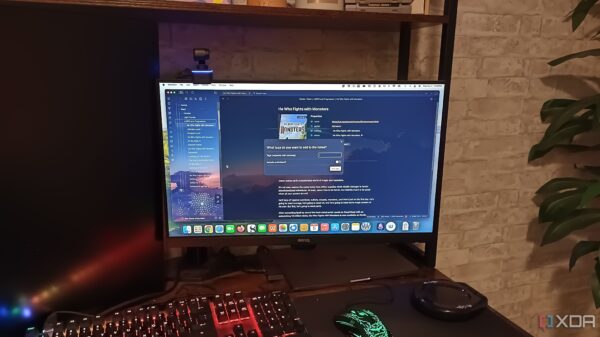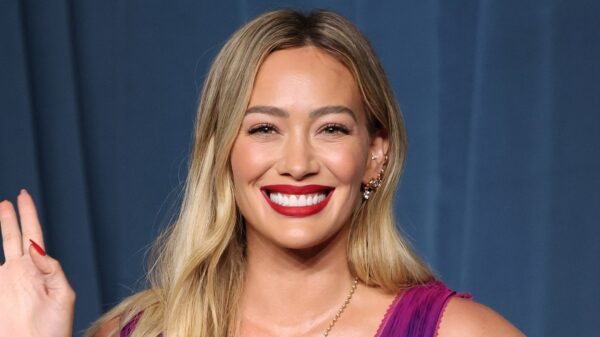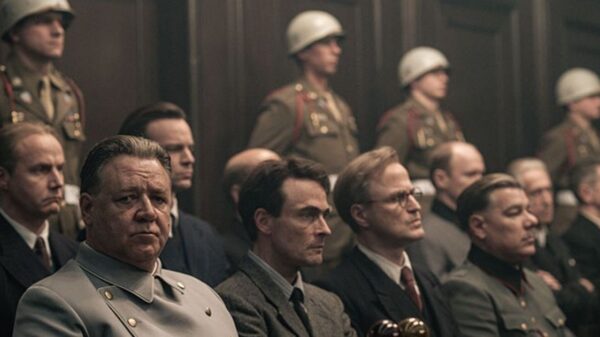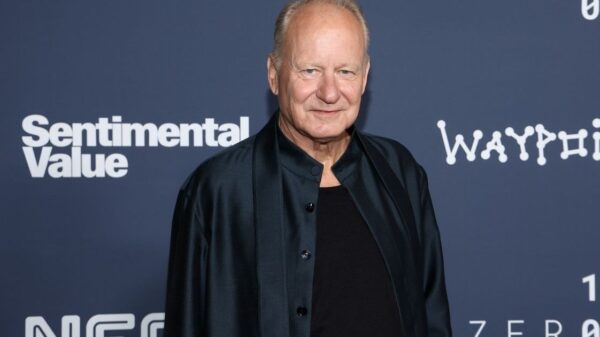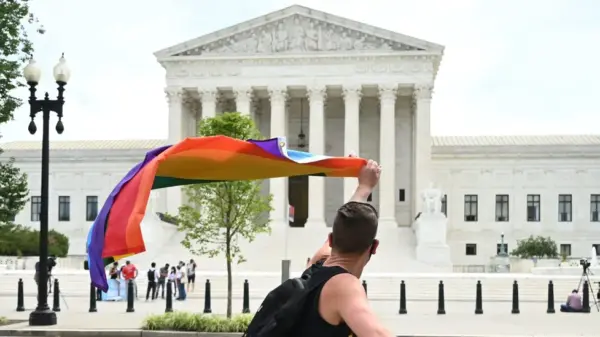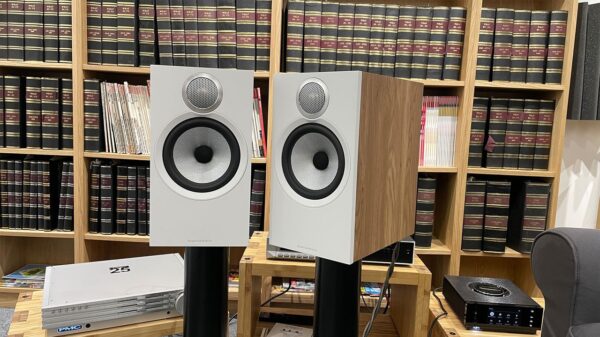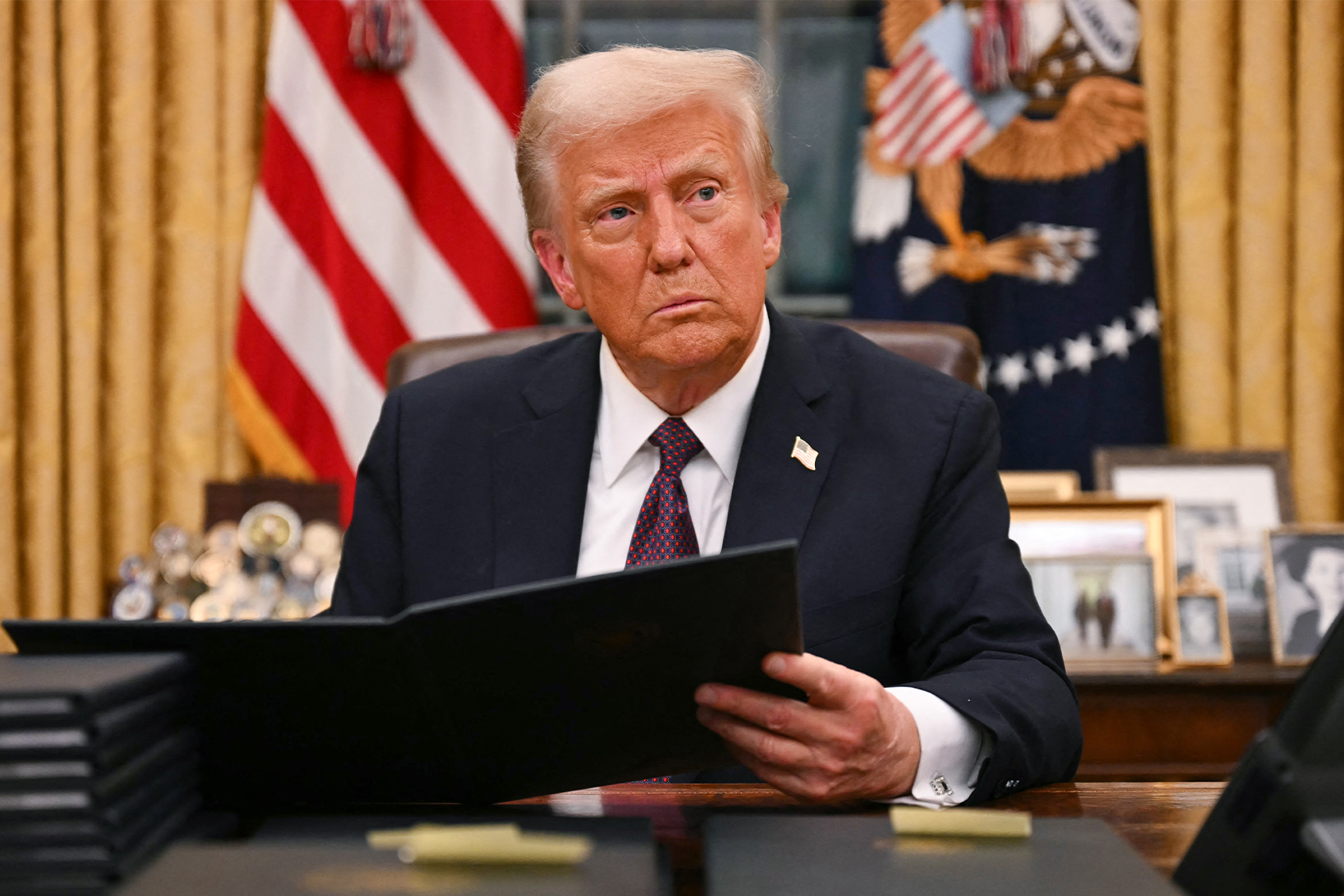President Donald Trump has called for the release of grand jury transcripts related to the investigation of Jeffrey Epstein, a move that has drawn significant criticism from legal experts. On Thursday, following a report by the Wall Street Journal about a birthday note Trump allegedly sent to Epstein in 2003, he announced via Truth Social that he had instructed Attorney General Pam Bondi to seek the unsealing of any pertinent grand jury testimony, pending court approval.
Legal analysts have quickly pointed out that Trump’s request may be more about political optics than substantive legal action. Former U.S. Attorney for the Northern District of Alabama, Joyce Vance, noted on social media that a judge’s approval is necessary for the release of such materials, and the likelihood of a judge granting that request is uncertain. “That’s probably the point,” Vance remarked, suggesting that Trump can claim he attempted to act while the courts obstructed him.
Critics have further emphasized that grand jury transcripts constitute only a small portion of the overall investigative documents. Elie Honig, a former assistant U.S. attorney, highlighted that the totality of the Epstein files reportedly exceeds 300 gigabytes of material, with grand jury testimony representing just a fraction. “Most witnesses don’t even go into the grand jury,” Honig explained during a CNN interview, underscoring that the transcripts might cover only about 1% or 2% of the evidence.
Legal Experts Question Trump’s Motives
Former deputy chief of the criminal division for the Southern District of New York, Kristy Greenberg, expressed skepticism about the potential implications of the transcripts, stating that they are unlikely to include information that would negatively impact Trump. “Trump knows SDNY prosecutors seeking to indict Epstein and Ghislaine Maxwell didn’t ask questions about him in their grand jury presentations while he was President,” she noted. Greenberg characterized the request as a distraction from more critical evidence, such as witness interviews and other documentation.
In a similar vein, conservative attorney and Trump critic Heath Mayo labeled the move as a desperate attempt to divert attention. He stated, “Anybody who knows anything knows that the Grand Jury testimony won’t show even a fraction of the evidence that was obtained. This is a desperate defensive move.”
Democratic lawmakers have also raised concerns regarding Trump’s motives. Representative Dan Goldman from New York questioned the effectiveness of the request, pointing out on social media that grand jury testimony would not encompass the full scope of evidence related to Trump. “What about videos, photographs and other recordings? What about FBI 302s (witness interviews)?” he wrote, emphasizing that critical evidence would lie beyond the grand jury’s reach.
Senator Ron Wyden has urged the Department of Justice to release additional materials related to Epstein, indicating that there is much more to uncover in this complex case.
As these discussions unfold, it remains to be seen how the courts will respond to Trump’s request and whether the grand jury transcripts will see the light of day. The political implications of this move are significant, as both supporters and critics analyze the motivations behind it, suggesting it may serve to shift attention from other pressing issues.



